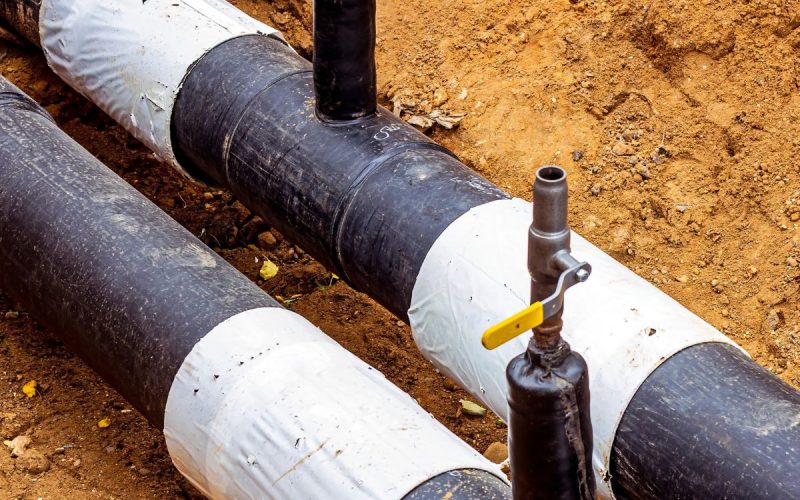Owning a home comes with many responsibilities, one of which is maintaining the property’s sewer lines. Plumbing maintenance keeps your home hygienic and minimizes the risk of costly repairs.
Focusing attention on your home’s drains and sewer lines can prevent headaches and preserve the integrity of your plumbing system. Here are four maintenance tips for residential sewer lines that every homeowner should follow.
Regularly Run Water
Consistent water flow is vital for preventing sediment buildup in pipes. If parts of your home are used infrequently, such as a guest bathroom, it’s important to periodically run water through the room’s fixtures to keep pipes clear of obstructions.
Make it a routine to run hot water down the drains to help dissolve any potential blockages. Hot water is more effective at dissolving substances that can lead to blockages than cold water.
Monitor What Goes Down the Pipes
Blockages are one of the most common causes of damage to residential sewer lines. In the bathroom, flush only toilet paper and sewage waste down the toilet and use a drain strainer in tubs and shower stalls to catch hair before it enters the plumbing system.
Grease, oils, and fat solidify in pipes and cause blockages, so do not pour these down the kitchen drain. Dispose of these substances and other unsafe items, like coffee grounds and eggshells, in the trash.
Clear Out Tree Roots
Tree roots naturally seek moisture and can intrude into sewer lines, causing significant damage. Keeping tree roots away from pipes helps maintain residential sewer lines, as root intrusion can lead to blockages and even collapsed pipes.
Signs of tree root intrusion in sewer lines include persistent clogs and backups in your home’s plumbing and unusual gurgling sounds from toilets. Additionally, an increase in water bills or lush patches of grass in your yard could indicate a leak from damaged pipes due to root encroachment.
Address Issues Promptly
Delaying repairs to your plumbing system can lead to more severe problems, such as pipe breaks or sewage backups. That’s why plumbing is one of the areas of your home you should never neglect.
Do not ignore warning signs of a blockage or damage to your sewer line, including slow drains, foul odors, or unusual plumbing noises. Contact a professional plumber as soon as you suspect an issue for a simple and less costly resolution.
Regularly run water through all fixtures in your home to prevent buildup in the drain lines. Homeowners should also prevent blockage-causing substances like oils, grease, and certain household waste from entering drains.
Addressing tree root intrusion early can prevent potential damage to sewer lines. Finally, prompt attention to signs of sewer problems, like slow drains or foul smells, averts more severe plumbing problems.

